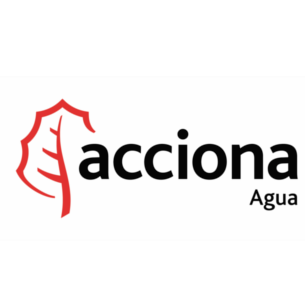In today`s globalized world, international trade plays a vital role in the growth of economies around the world. However, with increased trade comes the need for regulations to ensure the safety of products and protect the environment. Two important agreements that govern international trade are the Sanitary and Phytosanitary (SPS) Agreement and the Technical Barriers to Trade (TBT) Agreement.
The SPS Agreement was established by the World Trade Organization (WTO) in 1995 to ensure that sanitary and phytosanitary measures are not used as unjustifiable barriers to trade. Sanitary measures refer to those related to the protection of human and animal health, while phytosanitary measures relate to the protection of plants and plant products. The SPS Agreement requires that such measures be based on scientific evidence and not used as disguised trade barriers.
On the other hand, the TBT Agreement was established to ensure that technical regulations and standards, such as safety, quality, and labeling requirements, do not create unnecessary obstacles to trade. This agreement recognizes that countries have the right to develop their own regulations and standards but requires that they be based on international standards and not used as disguised trade barriers.
The main difference between the SPS and TBT Agreements is that the former addresses sanitary and phytosanitary measures, while the latter addresses technical regulations and standards. Sanitary and phytosanitary measures are measures that are used to protect human, animal, and plant health while technical regulations and standards are related to product safety, quality, and labeling requirements.
Another notable difference between these two agreements is that the SPS Agreement emphasizes the importance of scientific evidence while the TBT Agreement focuses on the use of international standards. The SPS Agreement requires countries to base their measures on scientific evidence, while the TBT Agreement encourages countries to use international standards in developing their own regulations and standards.
In conclusion, the SPS and TBT Agreements are important international agreements that ensure free and fair trade between countries. The SPS Agreement focuses on sanitary and phytosanitary measures, while the TBT Agreement deals with technical regulations and standards. Both agreements recognize the importance of protecting human health, animal health, and the environment while promoting international trade. As countries continue to engage in international trade, it is essential that they adhere to both agreements to ensure that trade is fair, transparent, and based on mutually agreed-upon standards.


